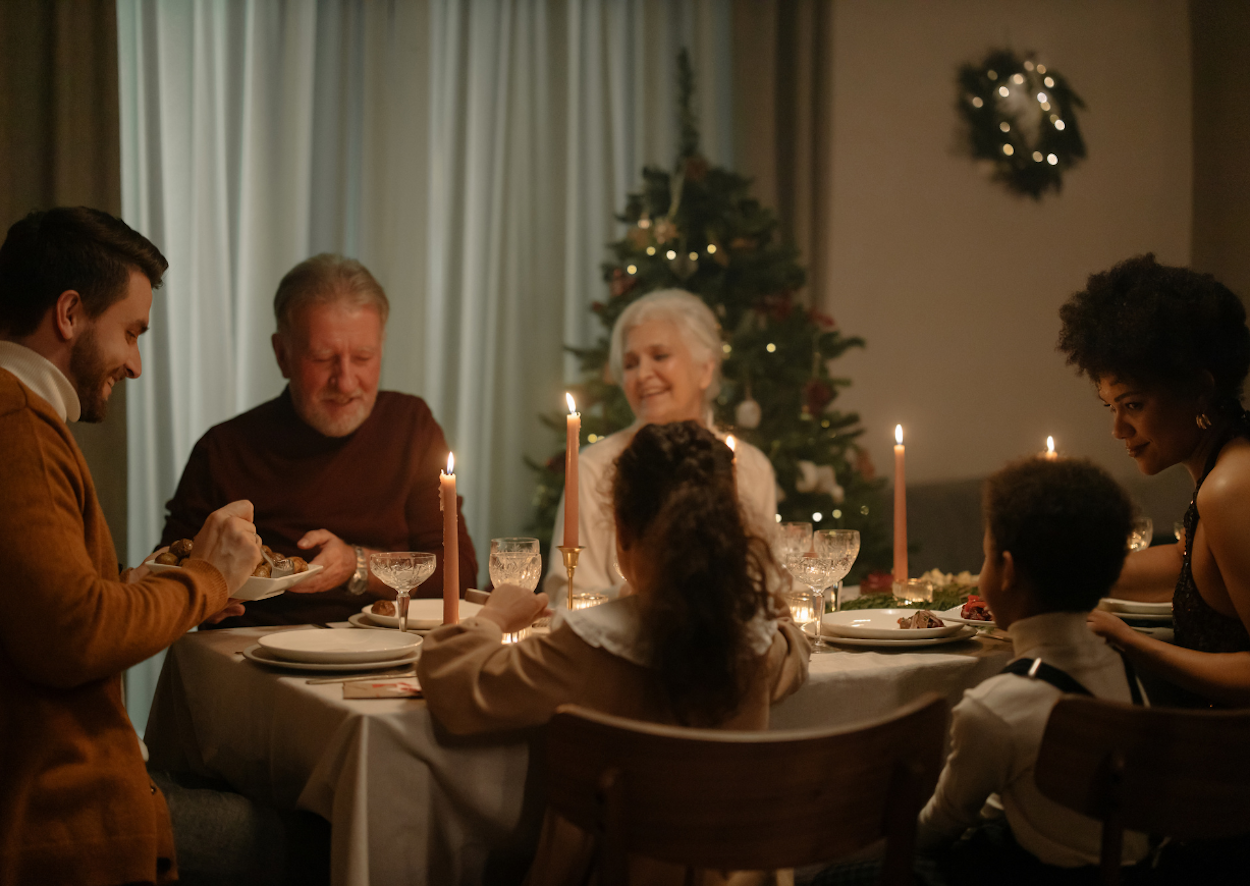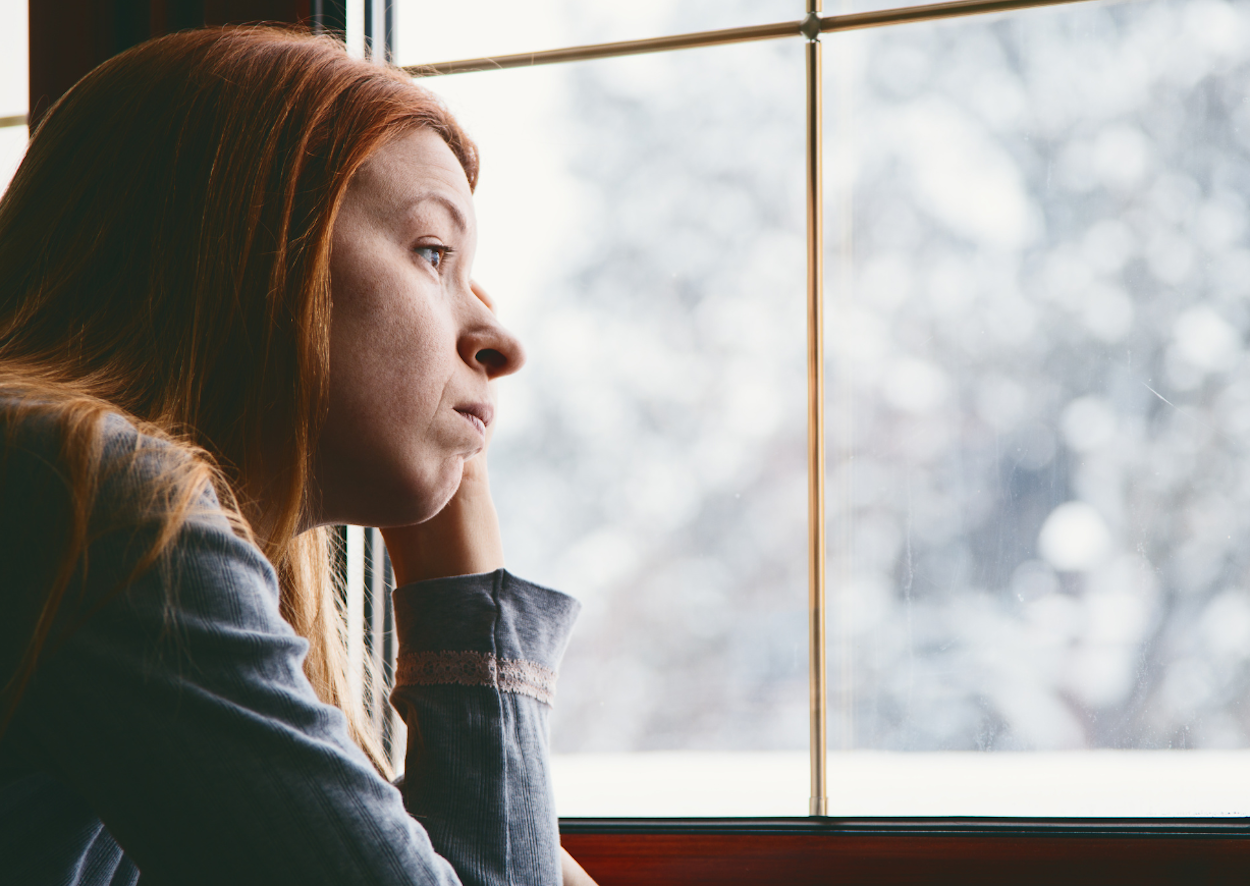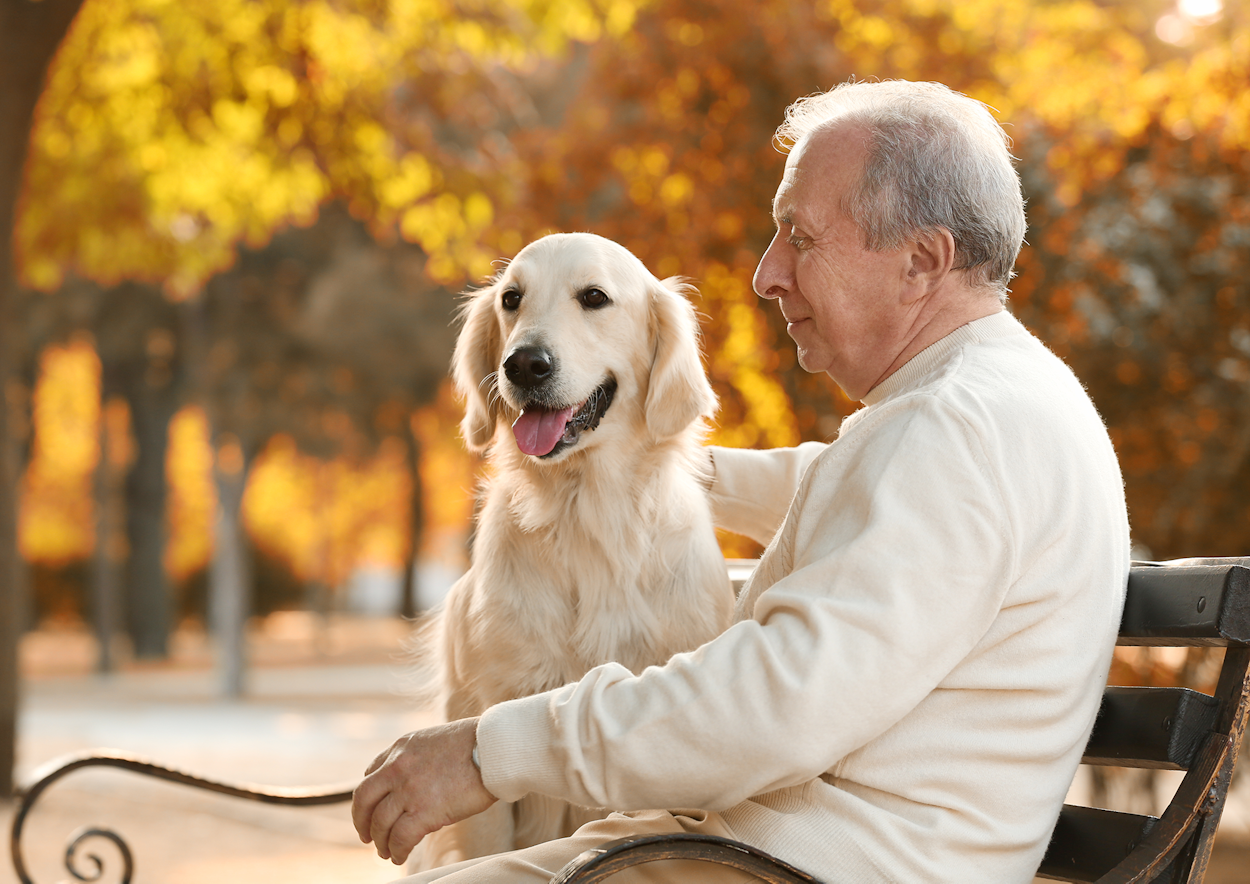Articles
How to cope with grief: Christmas after loss

Over a series of blogs titled ‘How to cope with Grief’, we will be offering helpful advice on coping with grief after the loss of a loved one, and ways you can keep their memory alive.
In this blog, we will be exploring how to deal with grief over the Christmas period.
Whether it's your first Christmas since the death of a loved one, or you lost someone many years ago, Christmas can be a particularly painful time. Fortunately, there are plenty of healthy coping mechanisms you can use to help navigate you through the festive period.
Coping with grief at Christmas time: 8 tips
Grieving the loss of a loved one is of course difficult all year round. However, there is no doubt that grief can feel much more intense at times when families and loved ones come together, such as Christmas.
In the weeks and days leading up to, and including Christmas, reminders of family celebrations and togetherness crop up everywhere. However, for those of you who are missing a loved one during this period, these reminders can become overwhelming, and make you feel even more lonely in your grief than usual.
Everyone grieves differently, and what works for some people, may not necessarily work for you. So, to help, we have compiled a few different ways you can prepare for the Christmas period and cope with your grief over this time:

1. Maintain a routine
The Christmas period can disrupt normal routines, and this can make it harder for you to look after yourself. Keeping regular patterns of sleeping and eating where possible can make a difference on both your physical and mental health, allowing you to cope with your grief better.
2. Avoid bad habits
It can be tempting to drink more during the festive period, especially if you are feeling low or upset. However, alcohol only provides temporary relief, and can actually have a negative impact on your mental health in the long run. If you are feeling particularly fragile this season and are tempted to drink more than usual, seek help from a professional to get your habits in check. It is also good to speak to friends and family about this to avoid being offered drink when you are choosing to avoid it.
3. Make time to practice self-care
It is important that you make time to practice self-care as much as possible for your own mental health and well-being. Prioritising self-care within your grief journey could be that much needed healthy outlet for you, especially around Christmas when there is so much pressure on treating and caring for others.
Self-care is not selfish and it’s up to you what it might look like - whether you buy yourself a nice gift, spend a day curled up watching films, or take a day off work to relax and take time for yourself.

4. Do things differently this year
If this is your first Christmas after bereavement, the idea of doing a traditional Christmas without your loved one there may feel too painful. If this is the case, then think outside the box and try something different. You might want to go away for a few days or stay with a friend or family member instead of staying at home. Changing your traditions can help you avoid ruminating on missing your loved one and offer a good distraction from your emotions.
Alternatively, you might find sticking to at least some of your normal Christmas traditions is the best way to support your family and pay tribute to the person who died. It’s important to do what’s right for you and try not to feel pressured into doing anything you’re not comfortable with.
5. Don’t be afraid to reach out
Sometimes when grieving it can feel easier to keep your feelings to yourself, through fear of embarrassment, feeling misunderstood, or in this case, not to ‘ruin’ the festive feelings for anyone else. However, this is not the case! Try to share how your grief is making you feel with those closest to you - although they may not understand, they can be there to listen and sharing your grief can feel really empowering.
6. Try to socialise
You may feel like you don’t want to socialise or see anyone over the Christmas period, and this is fine. However, if you are feeling isolated or lonely, the best thing you can do for your mental health is to socialise with people you feel comfortable and safe around. You don’t have to plan anything over the top, it could simply be going for a coffee or walk with family or friends but keeping in touch with loved ones can help ease loneliness and reduce stress.

7. Make time and space to grieve alone
Keeping a healthy balance is key for coping with grief. Socialising is good for mental health, but it is important not to force yourself to over-socialise for fear of being alone at Christmas. Try to put aside time and space to remember your loved one and sit with your thoughts and emotions in peace.
8. Don’t feel guilty for enjoying the holidays
Allow yourself to enjoy brief moments of respite, and if they happen don’t feel bad. Your loved one won’t have wanted you to spend Christmas upset, so try to enjoy the festivities when you can.
Need further advice?
We hope this article has helped you with ways to cope with grief over the festive period. We will be exploring unique ways to celebrate the life of a loved one over the Christmas period in our following blogs, so keep an eye out for the latest advice.
If you are looking to arrange a direct cremation, get in touch with our expert team today. We’re available 24/7, whenever you need us and more than happy to help.

Direct Cremations with Celebration of Life
Celebration of Life™ offer an industry leading direct cremation service. We are confident that we won't be beaten on price. Speak to our friendly in-house customer service team, anytime day or night.
